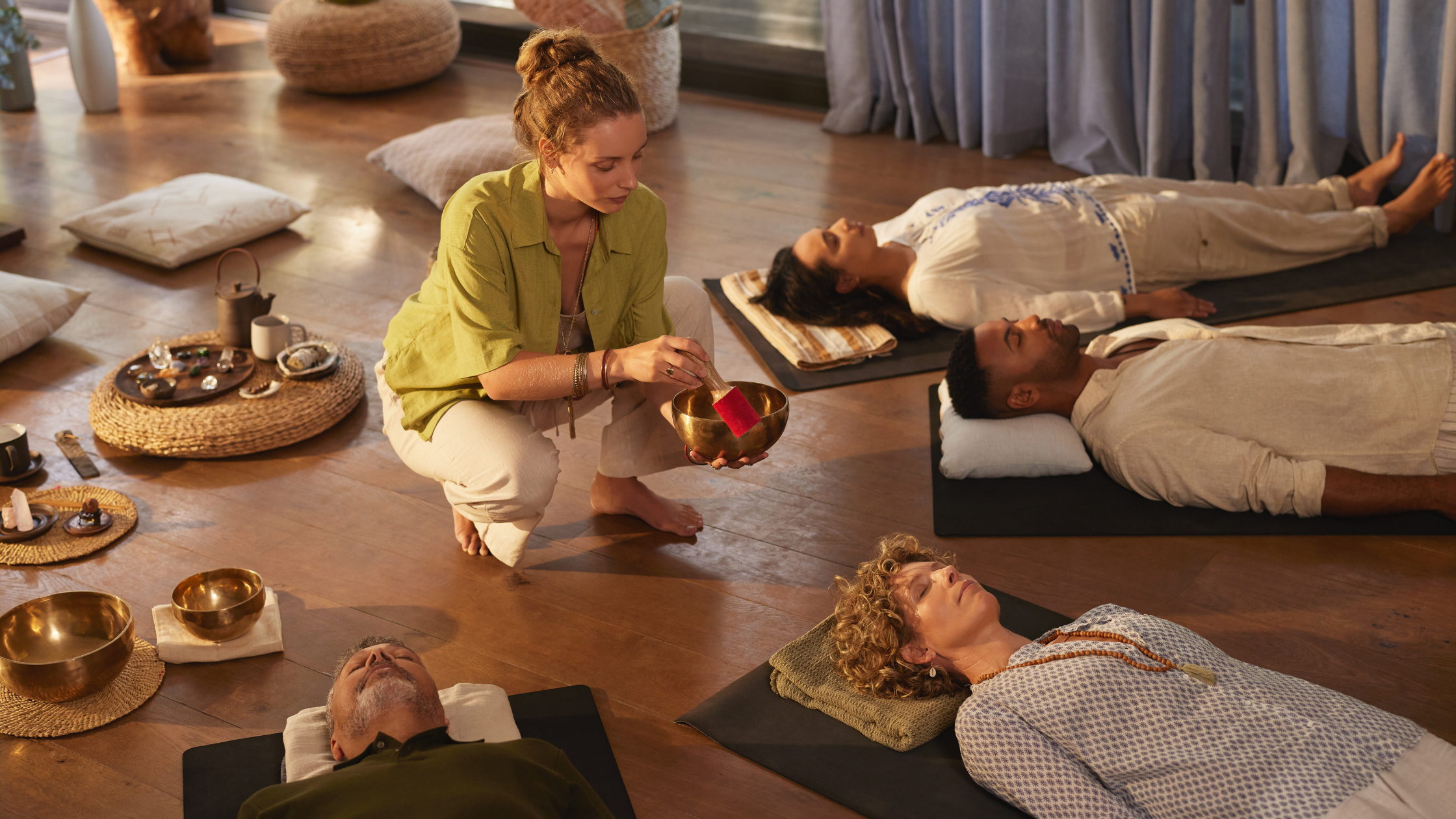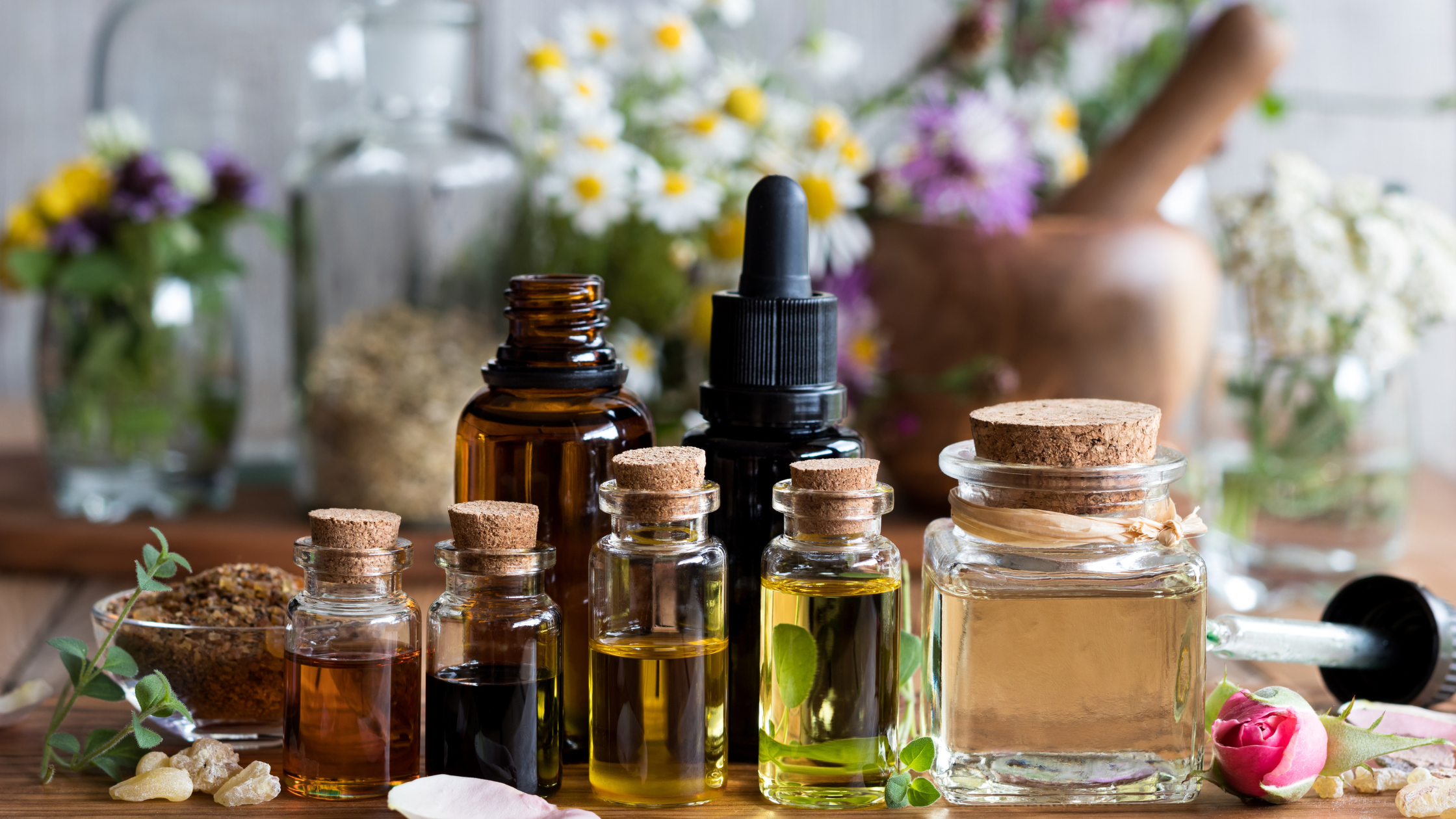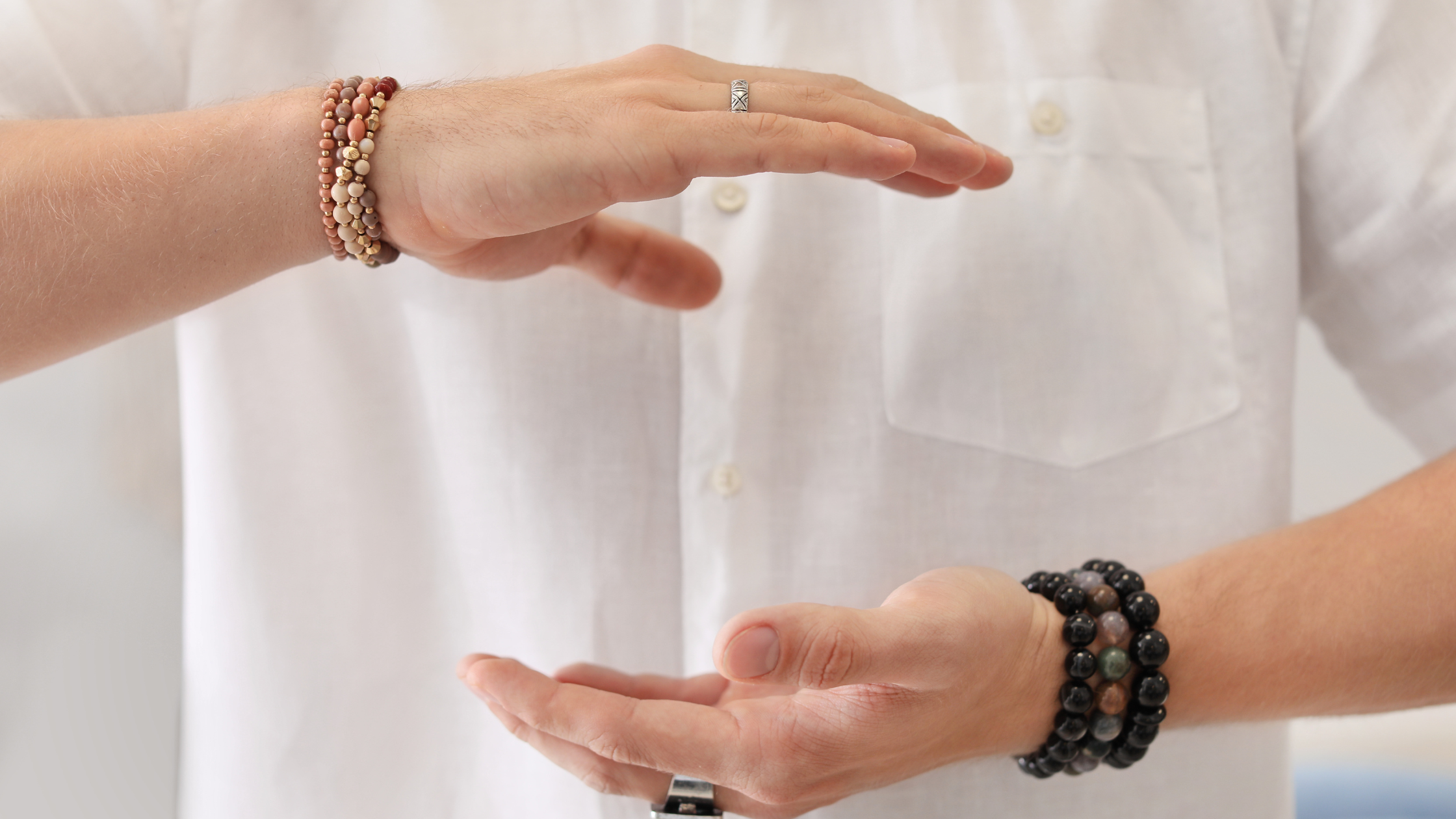Does Liability Insurance Cover Your Tools and Equipment?
August 15th, 2025
3 min read
By Anya Charles

 Do you have a well-stocked healing room with tools you’ve carefully chosen over the years? Tuning forks, crystal bowls, a massage table, books, or a laptop?
Do you have a well-stocked healing room with tools you’ve carefully chosen over the years? Tuning forks, crystal bowls, a massage table, books, or a laptop?
What would happen if one of those things was lost, stolen, or damaged—would your insurance cover it?
Here’s the part many practitioners don’t realize: liability insurance is usually designed to protect people, not things. While general liability may cover certain situations—like damage to rental property—it primarily covers injuries or damages related to your professional services, not your personal property or workspace contents.
In this article, we’ll walk through what an EMPA liability policy does cover, what it probably doesn’t, and how to protect your equipment and tools the right way—so there are no surprises when something unexpected happens.
 What Liability Insurance Is (and What It’s Designed to Cover)
What Liability Insurance Is (and What It’s Designed to Cover)
At its core, liability insurance is meant to protect you…not necessarily your tools.
There are two key types of liability coverage most practitioners carry:
- General Liability: Covers third-party bodily injury, property damage (including certain damage to rental property), and advertising injury arising from your business operations.
- Professional Liability: Covers harm that may result from your professional services, such as emotional distress, improper technique, or perceived negligence.
Together, these help shield you from the legal and financial consequences of a claim or complaint related to your practice.
That protection is critical—and it’s the primary focus of EMPA’s coverage. But when it comes to physical items like your tools, furniture, or technology, that’s usually a different category of insurance altogether.
“Liability insurance protects your ability to practice—not just legally, but confidently. It’s not just a checkbox—it’s part of building a safe, sustainable business.”
Read: Liability Insurance for Energy Healers: Cost, Coverage, and the Real Price of Going Without →
 What Liability Insurance May Not Cover: Personal Property and Equipment
What Liability Insurance May Not Cover: Personal Property and Equipment
Many practitioners are surprised to learn that their professional liability policy doesn’t include coverage for their equipment or workspace contents. Here are a few more specific examples:
- A crystal bowl cracks
- Your massage table is damaged in a shared studio space.
- A client accidentally spills hot water on your laptop.
- Someone steals your tools.
Let’s consider the spilled water incident. In this case, if the client were injured from spilling hot water, your general liability insurance would likely cover their medical expenses or related claims.
But, if your laptop was damaged in the process, that would be considered personal property loss—and typically wouldn’t be covered under a standard liability policy.
That’s because liability insurance is designed to protect against third-party harm or legal exposure—not personal loss. To cover your equipment, it may be best to consider a separate policy.
 How to Protect Your Tools and Equipment
How to Protect Your Tools and Equipment
If your practice relies on tools, instruments, or tech that would be costly to replace, it’s worth considering additional protection. The good news? You don’t need to overcomplicate it—or overspend.
Here are a few simple steps:
1. Take Inventory
List the items that are essential to your work: massage tables, tuning forks, bowls, crystals, books, laptop, or tablet. Ask yourself: Could I easily replace this out of pocket? If not, it may be worth insuring.
2. Talk to an Insurance Agent
Let them know you’re a small business owner with equipment used for wellness or energy healing. If you work from home, ask your homeowner’s insurance agent about adding special coverage for your work equipment. If you rent space, you’ll need to ask about renter’s insurance to protect your tools.
3. Consider Event or Travel-Specific Insurance
If you travel often for retreats or sessions, check out portable equipment coverage or single-event protection options. These can help cover theft or damage that occurs outside your usual space.
The goal is to protect the things you rely on and the investments you’ve made.
“If you’re teaching, speaking, or offering healing sessions outside your usual space, make sure your coverage travels with you.”
Read: Insurance Coverage for Energy Healers at Events, Workshops & Speaking Engagements →
 What’s Next: Tools of the Trade
What’s Next: Tools of the Trade
You’ve invested time, care, and resources into creating a healing environment that reflects your work. So it makes sense to understand exactly what’s protected—and what isn’t.
While an EMPA policy is built to protect your services, your clients, and your professional reputation, it doesn’t extend to the contents of your workspace. That’s not a gap in the policy—it’s a separate category of coverage entirely.
Knowing this ahead of time empowers you to make informed decisions, rather than assumptions. And if you're looking for a clear breakdown of what your EMPA membership includes—and how it supports your practice from multiple angles—our coverage overview is the best place to start.
The more clearly you understand your coverage, the better equipped you are to protect every part of your practice—now and in the future.
Disclaimer: This article is for educational purposes only and does not provide legal, financial, or medical advice. The examples are general, and coverage may vary by policy. Always refer to your insurance provider or policy language for specific details, as the policy terms take precedence. For legal concerns related to your practice, consult an attorney.
Anya is a writer with a passion for inspiring those around her. She is the Content Manager at EMPA, where she works closely with subject matter experts to turn their insight into articles that inform, support, and empower the energy healing community. With over a decade of experience in the wellness world, she enjoys making complex ideas feel accessible and meaningful. Whether she’s writing new pieces or polishing others, Anya’s focus is on helping others grow their clarity and professionalism. She also serves as Editor in Chief of Energy Magazine, a unique publication dedicated to the world of energy medicine. Outside the office, you’ll find Anya reading, planning travel adventures, or negotiating peace treaties with her houseplants.
Topics:

.png?width=1326&height=405&name=EMPALogo_final_white-01%20(1).png)
























